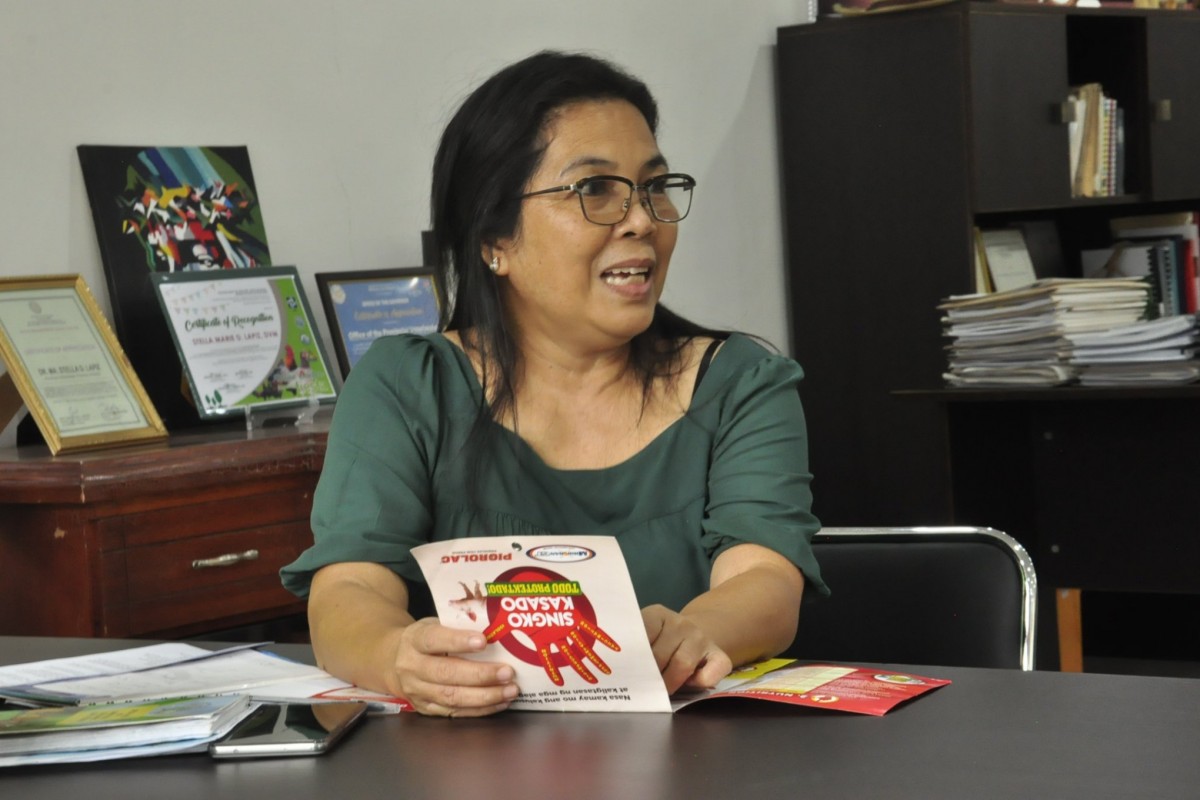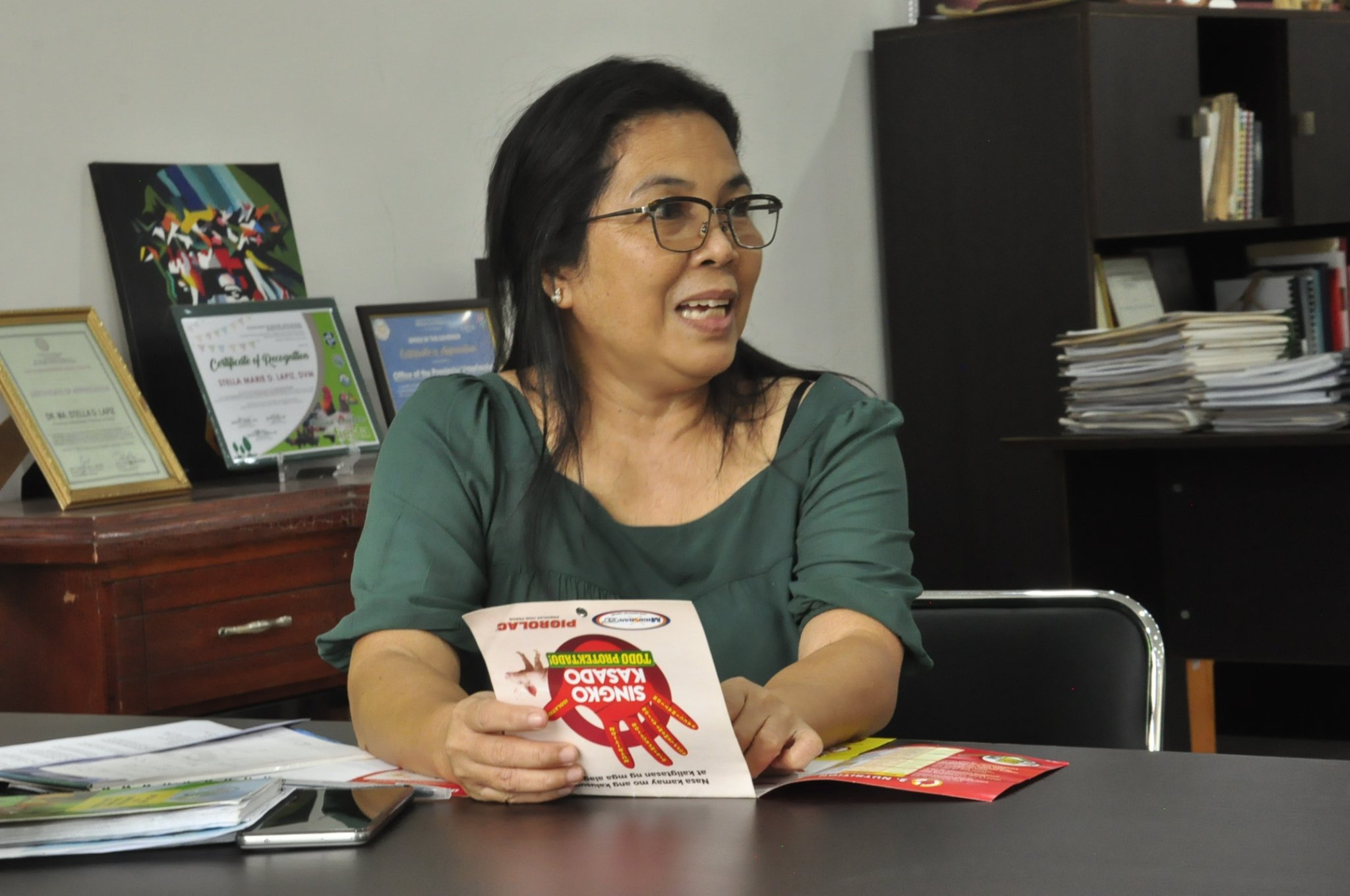TAGBILARAN CITY, Bohol, July 15 (PIA) -- Bohol Provincial Veterinarian Dr. Stella Marie Lapiz has called for the public to be responsible online buyers and online sellers.
Lapiz’s call came after the hog disease called African Swine Fever (ASF) - which can overwhelm Bohol pig farms and backyard pigpens in less than a month - has been detected in Camiguin, some two hours away from Bohol.
It was in late 2021 when the Department of Agriculture detected the presence of the disease in farms and piggeries in Pampanga and Cavite and it did not take long before the disease has spread to mainland Luzon and in Mindanao.
“We cannot afford to have the virus here,” Lapiz said.
The said virus causes hogs to have high fever, decreased appetite and weakness, red and blotchy skin lesions, diarrhea, vomiting, coughing and difficulty breathing.
Bohol, being isolated from the mainland masses, has been spared of the infections, but it may not be for long.
ASF has also alarmed Gov. Erico Aristotle Aumentado who has issued an Executive Order establishing the Provincial Executive Committee (PEC) on ASF and Avian Flu, another viral disease that affects birds and fowl.
As PEC Vice Chair, Lapiz immediately set the wheels in motion to patch all possible entry points of the disease that can enter Bohol through undeclared and illegally shipped raw meat, processed meat, cooked or even canned meat and pork products or for the virus which could be carried by a passenger’s garments, shoes or anything that has touched an infected animal, manure or contaminated run-off water.
Amidst coordination meetings and reinvigorated campaign to make sure no such meat, raw or processed, cooked or dried, can be brought in by passengers, reports of online selling of undocumented pork trimmings, pork jowl, and pork scraps at cheap prices, dominate an online market page called Bohol Deliveries.
The online sales, which resupply on Tuesdays and Fridays, also raised concerns of the meat origins especially when buses from Manila to Bohol are on regular schedules.
There is an ongoing regulation in the entry of raw, processed, cooked pork and pork products in Bohol, as only those shipments accompanied by proper documents including certifications from the Provincial Veterinary Office of origin are allowed entry.
While meat from outside Bohol have to have documents stating these are not from ASF-affected areas and that the farms from where these come from never had any reports of hog diseases, locally sourced pigs for butchering are inspected and certified by a representative of the National Meat Inspection Service (NMIS) to ascertain its health condition for human consumption.
Without the NMIS seal on the meat, these could just be from questionable sources and may not be fit for human consumption.
Years back, the selling of double-dead meat rocked the hog industry until the practice was exposed.
It is the consumer’s right to know where the product they are buying comes from, and if these are legitimate, said the Provincial Veterinarians Office. (RAHC/PIA7 Bohol)



